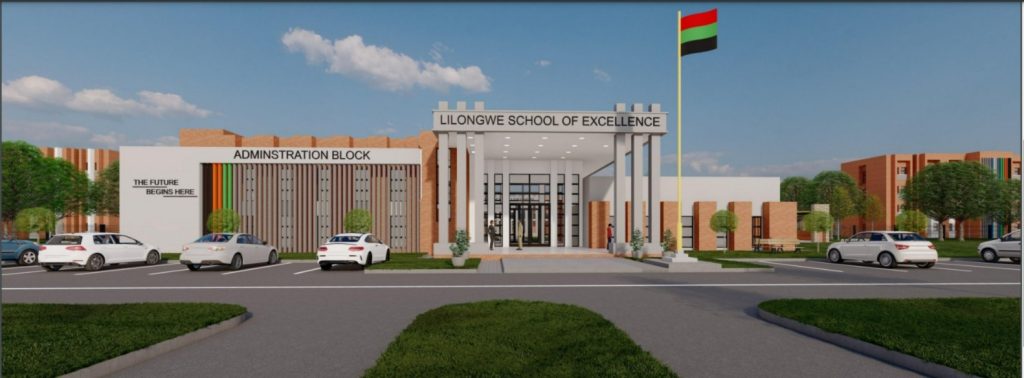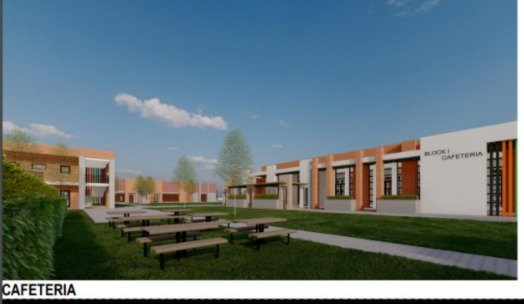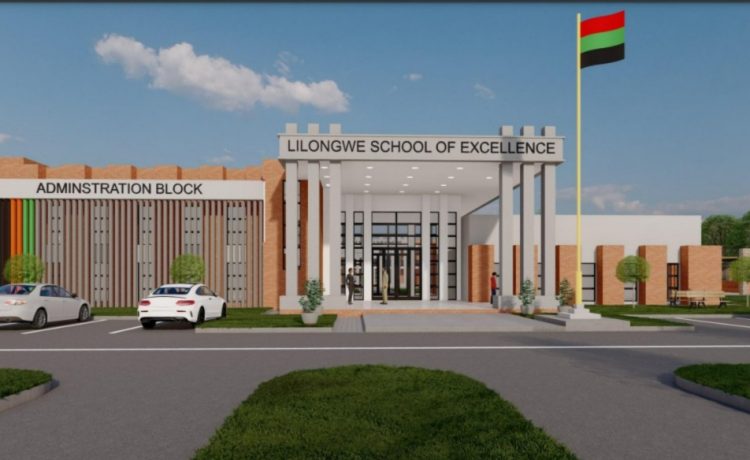
Nestled in the lush greenery of Kasungu district, the Kamuzu Academy shines as Malawi’s singular beacon of excellence in education. Founded by the nation’s first president, Hastings Kamuzu Banda, the school channels the ideals of classical learning reminiscent of prestigious institutions like Eton and Marlborough in England. Three decades later, a new vision is emerging under the leadership of President Lazarus Chakwera, aiming to replicate the model of this elite institution through the construction of 34 comparable schools across Malawi.
Kamuzu Academy has long occupied a unique position in the Malawian educational landscape. Established in the 1980s, it comprises a rich curriculum that includes not only traditional subjects such as Mathematics, English, and Sciences but also the Classics—essential for a holistic educational experience. The academy’s commitment to academic rigor and a broad spectrum of studies has earned acclaim not just locally but internationally, attracting figures like Ronald Reagan, who donated an inscribed dictionary, and esteemed heads of other nations including the late Robert Mugabe of Zimbabwe and the late Kenneth Kaunda of Zambia who both praised the school’s classical status, mission and achievements.
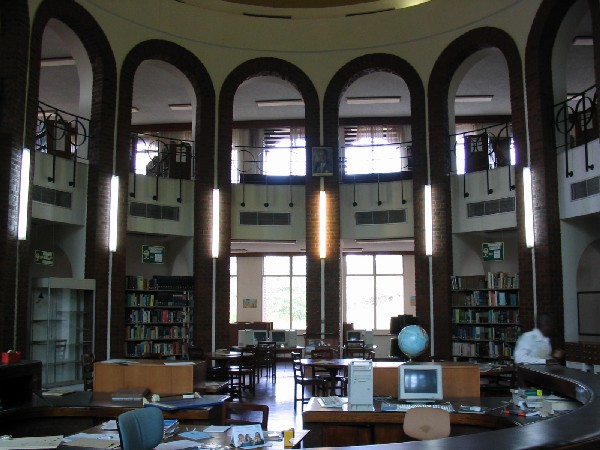
The institution offers a pathway to IGCSE, AS Levels, and A Levels, with a curriculum that is both rigorous and diverse. Its status as a center for SAT examinations and the Royal Schools of Music further underscores its excellence and the quality of education it provides to its students. The school’s ability to maintain high standards has forged a legacy that President Chakwera is keen to expand upon.
In a bold move to democratize excellence in education, President Chakwera has announced a plan to construct 34 new schools of Kamuzu Academy caliber, ensuring that the highest standards of education are accessible to children across every educational district in Malawi. Launched in Malembo village, Lilongwe, this initiative reflects Chakwera’s commitment to uphold his political party’s legacy of uplifting education in Malawi through establishment of institutions answering to international standards in education.

“This is not just about building schools; it’s about building futures,” said Chakwera during the launch. By drawing inspiration from the ethos established at Kamuzu Academy, he envisions a network of schools that not only match its academic standards but also embody its noble objectives of inclusivity and opportunity.
Chakwera’s initiative highlights a broader commitment to educational excellence rather than simply a numerical increase in schools. The pursuit of quality requires a sustained commitment to performance and resource optimization. As Kamuzu Academy has demonstrated, excellence extends beyond examination success—it involves fostering an environment where teachers are empowered, students are motivated, and every individual strives toward personal and community growth.
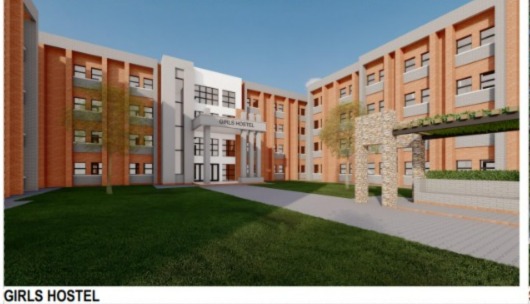
The forthcoming schools will aim to replicate the ethereal spirit of Kamuzu Academy, focusing on a curriculum that embraces both academic rigor and character development. Each school will be equipped with resources and opportunities that reflect global standards, ensuring that deserving students—irrespective of their socio-economic backgrounds—can access high-quality education.
While the vision is ambitious, the path to achieving it is not without challenges. Funding, human resource development, and infrastructural development will require meticulous planning and collaboration with both local and international stakeholders. There is also the need to train educators who can deliver the comprehensive curricula that these new institutions will offer. This, however, can also be viewed as an opportunity. Partnerships with organizations committed to educational services, as well as corporate social responsibility initiatives, could galvanize support for Chakwera’s educational mission.
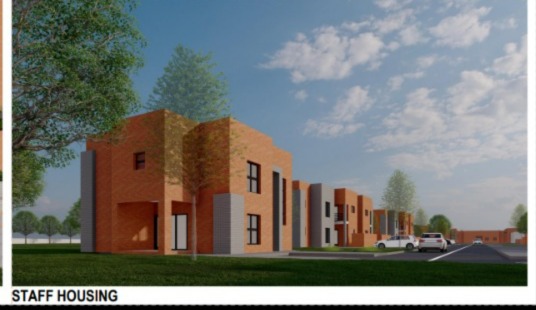
In the chapters yet to be written for education in Malawi, President Chakwera’s initiative to establish schools akin to Kamuzu Academy represents not just a continuation of a legacy but a rebirth of aspirations for many generations. The ultimate goal is clear: to forge a nation where quality education becomes an integral aspect of societal development—where every bright mind, regardless of background, has the opportunity to shine under the guiding principles established by Kamuzu Banda. As these schools take shape, they will not only transform lives but may also redefine what is possible in the realm of Malawian education.
The ambition, as President Chakwera shares, is to create a future where excellence is the foundation upon which young Malawians build their destinies, expanding the horizons of possibility for a country rich in potential. The investment in education may indeed emerge as the most crucial element in embracing the comprehensive development of Malawi, paving the way for a new era of leaders, thinkers, and innovators.
